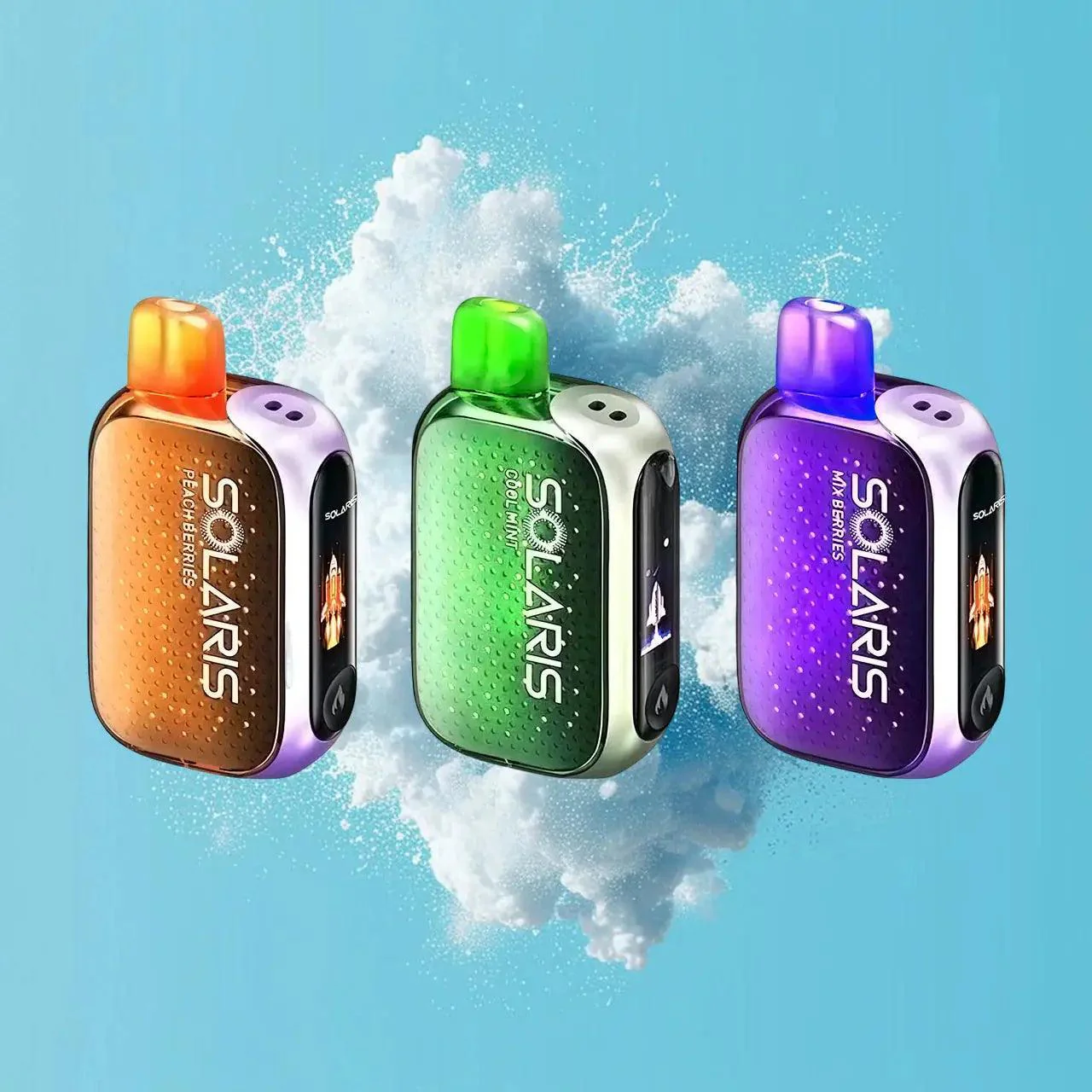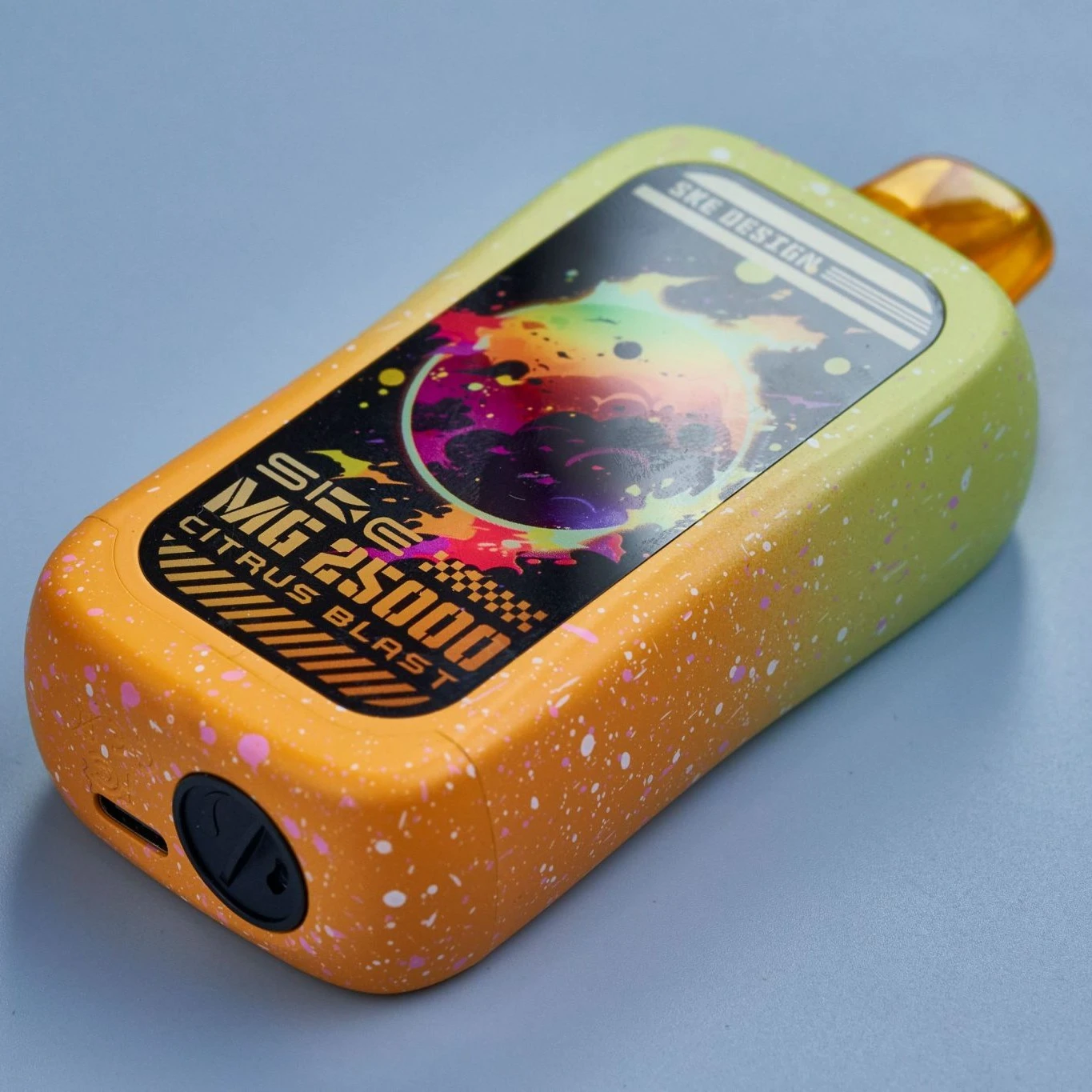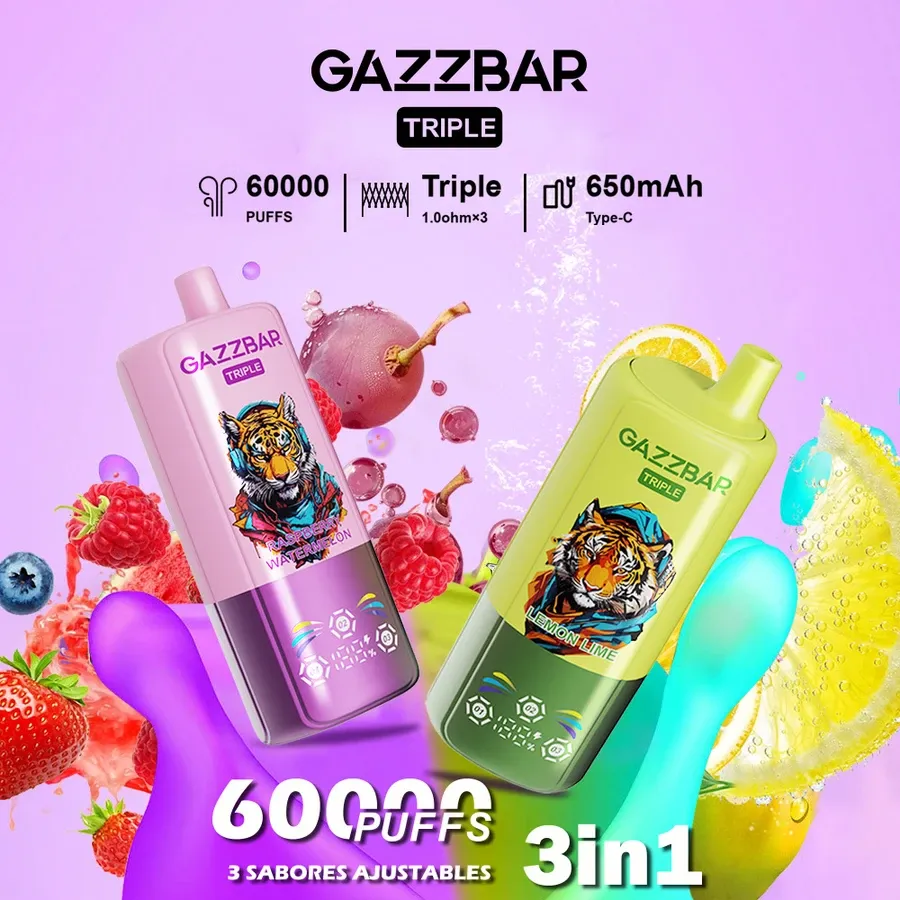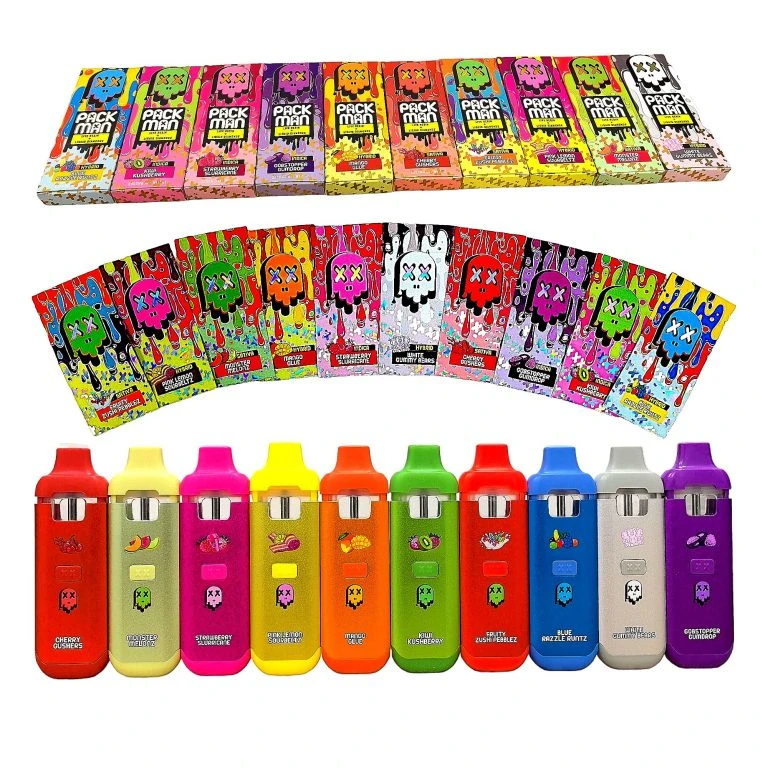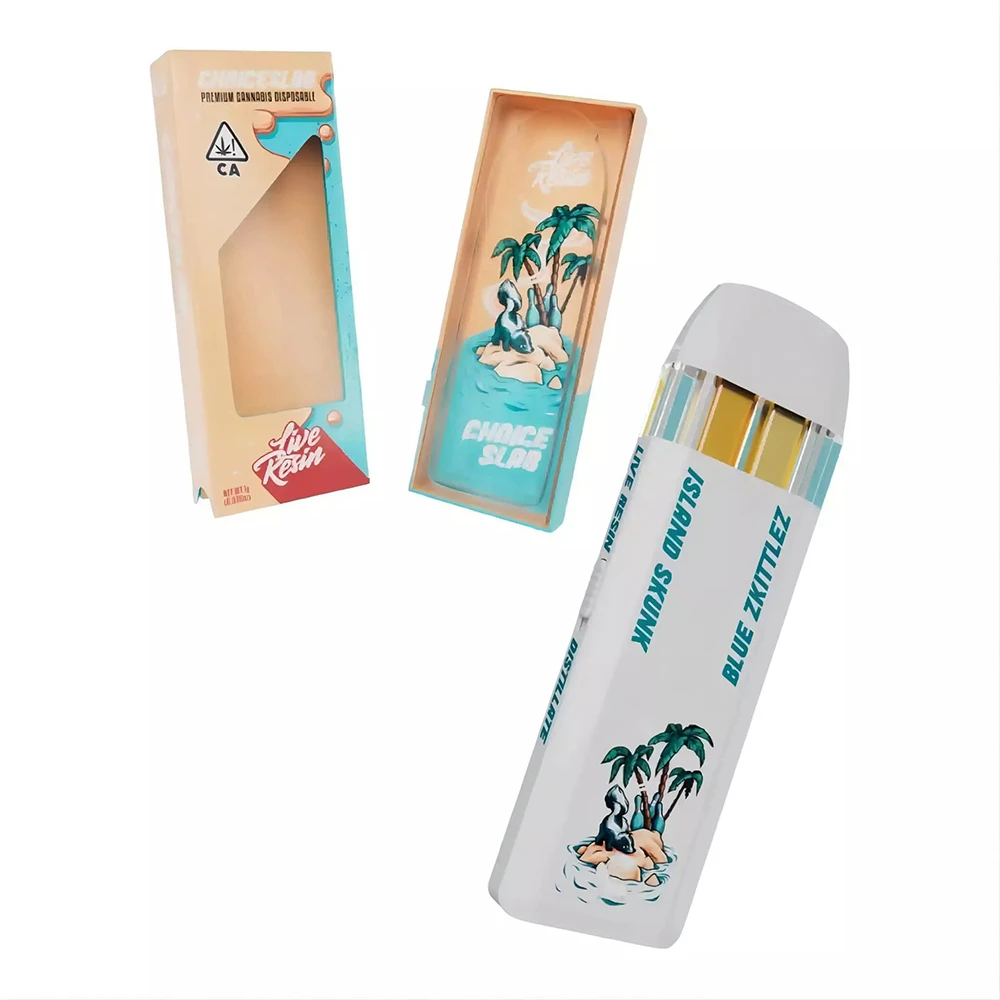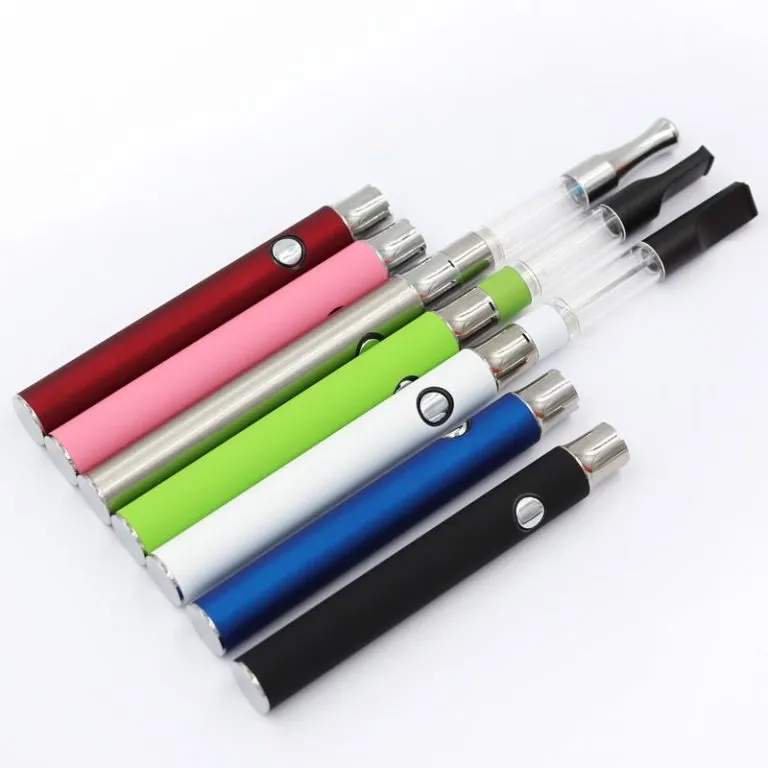
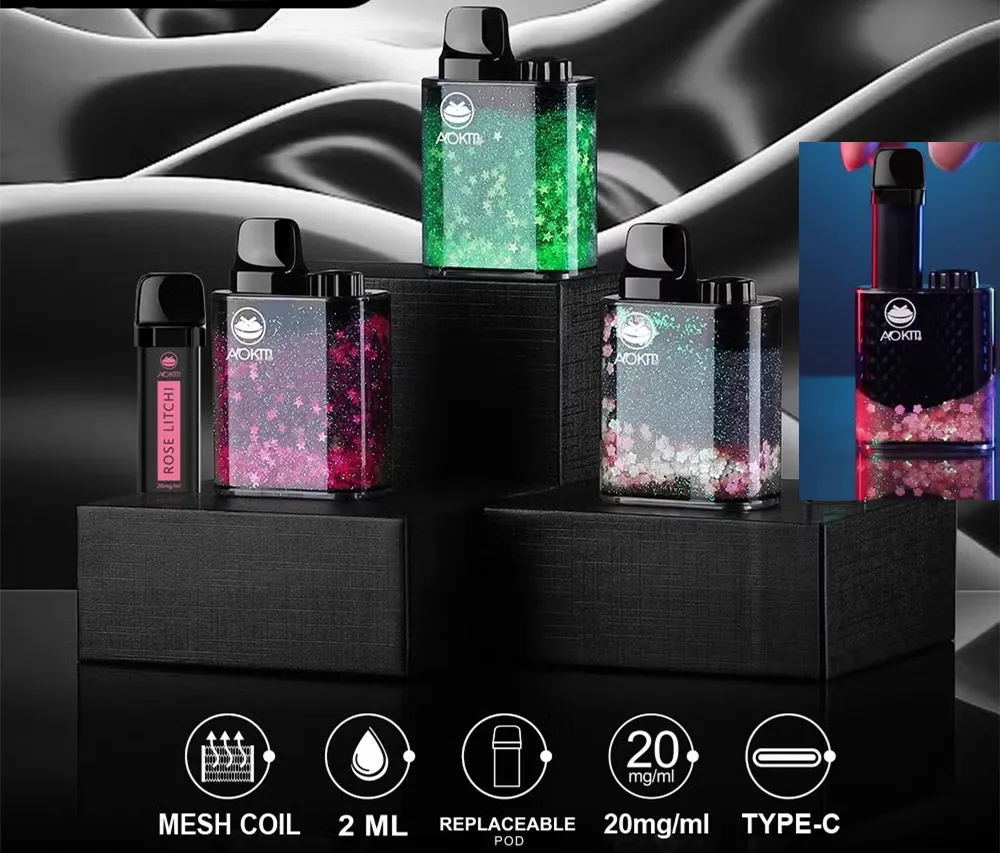
Authority in the field of vaping technology underscores the health considerations surrounding disposable vape pens. While many perceive them as a safer alternative to smoking, primarily due to the absence of combustion and tar, it's essential to understand that they still contain nicotine and other additives. Expert analysis is ongoing to fully comprehend the long-term health effects, urging potential users to stay informed about the evolving research landscape. Trustworthiness in the context of disposable vape pens also pivots on regulatory compliance. Reputable manufacturers adhere to stringent quality control protocols, ensuring their products meet safety standards mandated by health authorities. Consumers should look for products that disclose ingredient lists and come from credible brands with a history of transparency. Trust is further underscored by user testimonials and reviews that provide insights from personal experiences. Environmentally, the rise of disposable vape pens invites scrutiny over sustainability issues. Unlike reusable devices, disposable pens contribute to electronic waste, raising concerns amongst environmentally conscious consumers. Some manufacturers have started initiatives to mitigate this impact through recycling programs and eco-friendly designs. In conclusion, disposable vape pens represent a significant segment within the vaping market, drawing users through their convenience and straightforward operation. Expertise in their design ensures reliability, carrying the authority of innovative engineering. Trust is cultivated through regulatory compliance and consumer transparency. As discourse continues on their health implications and environmental footprint, these devices remain a focal point for industry observation and responsible consumer behavior. Understanding these dynamics is essential for grasping the role of disposable vape pens in contemporary nicotine consumption.
Post time:Feb - 17 - 2025



